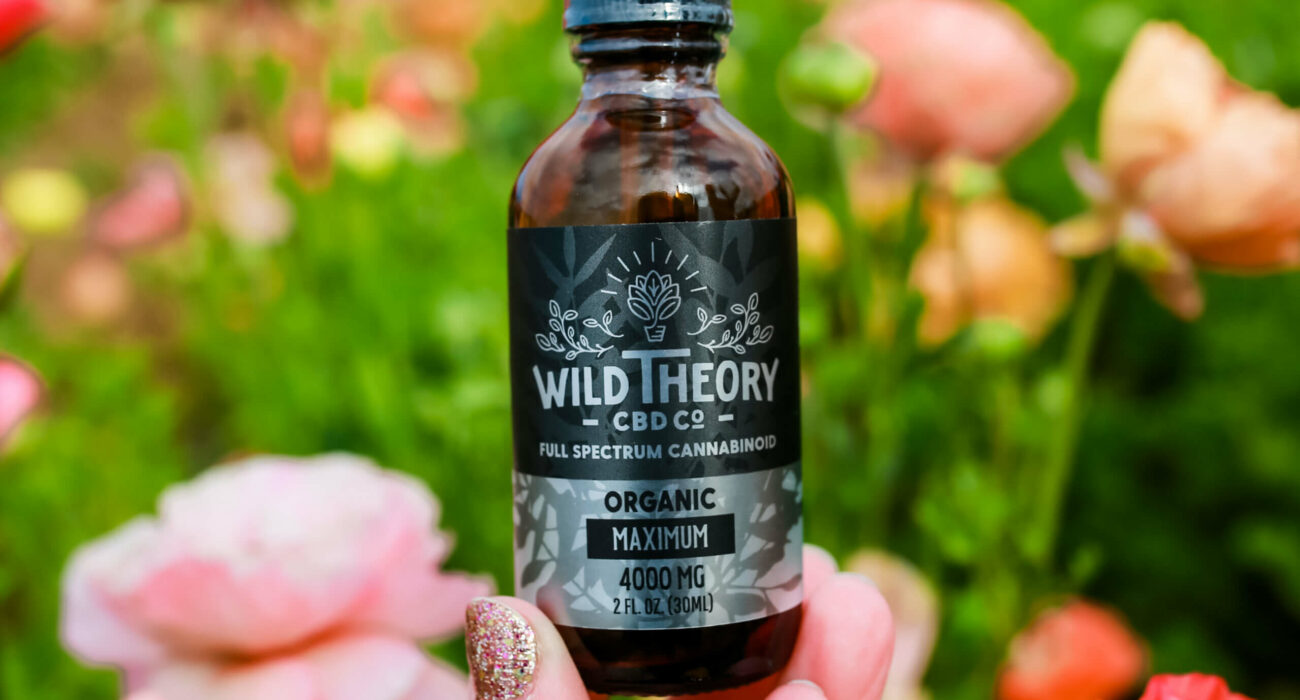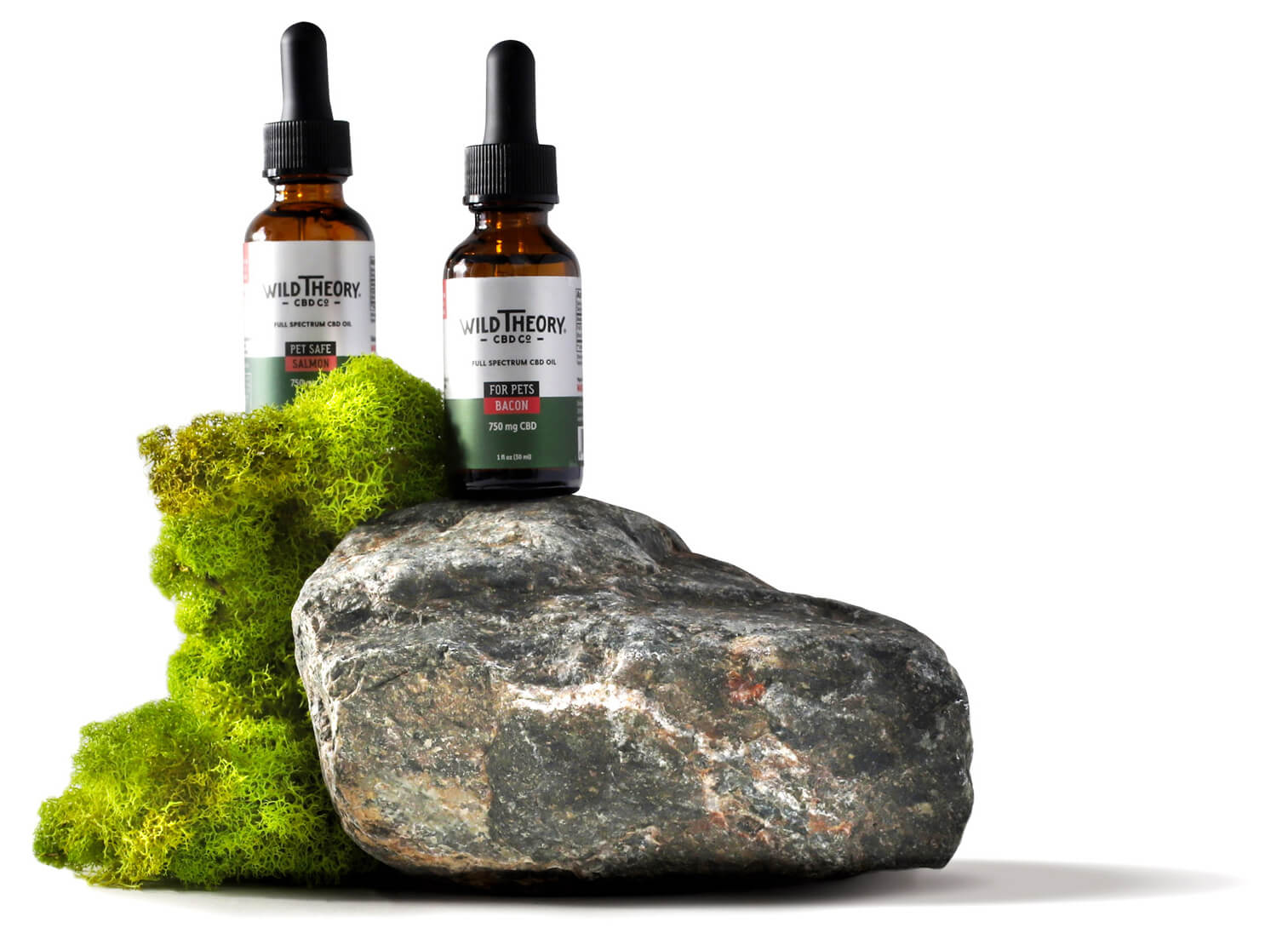
All the CBD FAQs You Want Answers To (But Didn’t Think To Ask)
We’ve found that people have a lot of questions on CBD — a lot of questions! If you’re looking for answers to the most commonly asked questions, you should check out this article we wrote that covers the top 10 FAQs people ask about CBD.
This article, however, is aimed to answer the less frequently asked questions that most people haven’t even thought to ask — but will certainly be interested in learning about. Here, you’ll learn about CBD and alcohol, various side effects you didn’t know were possible, CBD and weight loss, and more.
Is CBD Oil addictive or habit-forming?
No. At a molecular level, CBD is not addictive. You may find that ceasing the use of CBD extracts could result in a reappearance of symptoms such as pain, anxiety, stress, mood imbalance, digestive issues, or sleep disruption. These, however, are not signs of ‘addiction’, but rather that CBD was doing its job for you.
There’s a lot of confusion out there about this aspect of CBD because many people mistakenly believe hemp extracts and CBD oils are a form of marijuana. But, we can assure you the answer is no — CBD is non-addictive.
Is CBD Oil bad for your liver?
That’s unclear at the moment, and more research should be done. Based on the studies that have been done so far, CBD is well metabolized by the liver. This research suggests that CBD can actually improve liver function. Under no circumstances, however, would we encourage anyone with known liver problems to take CBD oil without first consulting with their doctor. Further research is necessary on this topic.
There are other studies that indicate CBD could be harmful to the liver, but the quantities of CBD used were significantly higher than those anyone would take for a dietary supplement.
Does CBD oil damage the kidneys?
There are cannabinoid receptors found throughout the tissues of the kidneys and there’s plenty of evidence that CBD does not have any detrimental effect on the kidneys. In fact, some studies have indicated can be a great support for helping to relieve symptoms of kidney disease, such as swelling, nausea, loss of appetite, muscle cramps, and sleep problems. (Of course, always consult your doctor before taking CBD if you have any known kidney problems.) More studies on this question are needed to prove CBD’s safety for the kidneys.
Will CBD make me lose weight?
CBD is not a weight-loss supplement, and it really shouldn’t be marketed as such. It isn’t clear how CBD affects weight. That said — CBD can certainly influence systems that affect your weight.
For some people, CBD gives their metabolism a boost, helping to reduce overall body fat. CBD can also curb excess appetite, which can contribute to weight gain.
But CBD can also stimulate appetite too.
So, could CBD contribute to weight loss? Yes, by helping bring your body back into balance.
Could CBD contribute to weight gain? Yes, by helping bring your body back into balance.
Will it definitely cause weight loss or weight gain? No, there’s no guarantee CBD will do either of these things. CBD affects us all a bit differently.
In short, CBD should not be viewed as a weight-loss supplement, but it could help you be healthier on your journey to losing weight.
Can you drink alcohol when taking CBD Oil?
Yes, you can. CBD does not contain THC, so you won’t experience any psychotropic effects. However, taking CBD with alcohol may intensify feelings of relaxation, the release of inhibitions, and sleepiness/sedation. There’s not much research on this, so if you choose to mix, we’d suggest sticking to low amounts of both or skip one altogether to minimize any potential risk.
Can CBD help a hangover?
As a matter of fact, it can! CBD is an antiemetic, which means it helps reduce the feelings of nausea. It may also help to ease headaches — another classic sign of a hangover. CBD also helps bring mood and mind back into balance for a more positive mood. Which, we’d all agree, is helpful when powering through a hangover.
Remember that you can’t just rely on CBD, though. Drink lots of water with electrolytes and take it easy until you’re feeling better.
Can you drive after taking CBD?
Yes. CBD is non-intoxicating and so it does not create the ‘high’ associated with cannabis products that contain THC.
However, CBD can cause dizziness or drowsiness as a side effect. Try CBD on a day that you won’t be operating any machinery or vehicles. If you find you feel great, then you shouldn’t worry at all about taking your daily dose of CBD and then getting on with life as normal.
Will CBD make me sleepy?
It certainly can. CBD influences the endocannabinoid system (ECS) in your body. This system helps to regulate a number of functions in your body. One of these functions is sleep. The ECS can help encourage the release of the hormones serotonin and melatonin, both of which play integral roles in relaxation and sleep.
If your goal in taking CBD is not for relaxation or sleep, you may find that this sensation of drowsiness is frustrating. If you’re experiencing sleepiness after taking CBD, we’d suggest reducing your dose. You may also want to consider if this is your body’s way of telling you something…. perhaps you need more sleep or are consistently dealing with too much stress?
Does CBD make you poop?
Actually, yes, it can. We’ve heard stories that CBD has caused some people to go to the bathroom more often than usual. More studies are needed to explore why this occurs, but the endocannabinoid system (ECS) has a high density of receptors in the gut. These receptors allow CBD to influence the ECS, which can help regulate the digestion system. Part of the job of that system is to manage digestion — and elimination too. Taking CBD regularly may help encourage consistent bowel movements.
Does CBD mess with your stomach?
Usually, any digestive upset you experience from taking CBD is not actually caused by the CBD itself, but from another ingredient such as the carrier oil used to deliver CBD to the body. (Carrier oils are present to help the CBD pass through the stomach to be more easily absorbed in the intestines.)
In fact, CBD is often used to help people who struggle with digestive issues, to stimulate appetite, curb excess appetite, ease stomach acid, and reduce nausea. These potential benefits make it very popular among cancer patients experiencing side-effects from chemotherapy or radiation.
If you’re experiencing nausea, vomiting, or diarrhea as a result of taking our CBD products, we’d encourage you to stop and speak with a doctor. You could have a sensitivity or allergy.
If you’re experiencing any of these symptoms and you’re taking a cheap CBD product, you may want to change brands. With the booming popularity of CBD that has swept the country in the past couple of years, there are many CBD brands that are capitalizing on CBD interest and creating poor quality CBD oils using fillers, synthetic products, and poor quality hemp. When people experience digestive issues from CBD, it may be because they are reacting to the fillers or possible chemicals used on the original hemp plant.
Can CBD trigger a manic episode?
For most people, CBD influences the mood and emotions by creating a feeling of calm and balance. CBD is currently being explored for its potential ability to effectively stabilize both the manic and depressive symptoms of bipolar disorder.
However, there are indications that for some people, CBD can trigger mania. We’d strongly urge anyone with bipolar disorder or similar illnesses to thoroughly discuss using CBD with your healthcare provider before trying it out, just in case.
Does CBD help with focus and mental clarity?
Yes! Studies are exploring the possibility that CBD may improve memory and the retention of information too. The only hitch is that while correlations between improved cognition and CBD use are certainly there, scientists are still not sure how it works.
This is an area that we’re all looking forward to learning more about — because who doesn’t need better memory and focus?
Can you take too much CBD?
CBD is a remarkably safe substance. In fact, as far as we know, there have been no documented cases of overdosing on CBD — and that includes studies that utilized incredibly high doses of CBD for their test subjects such as up to 1,500 milligrams (mg) per day. 8
We suggest starting with the recommended serving size indicated on our products, or the suggested dose given by your healthcare provider. You can increase or decrease as needed until you get the results you’re after. If you find that you’re experiencing any unpleasant side effects from CBD, simply back down on your dose. Listen to your body and medical professionals, and you have no reason to worry at all.
More questions for us? Let us know!
If you have more questions for us, tell us! Not only are we happy to be able to answer your questions individually, it’ll help us keep this list updated with all those burning questions that most people don’t think to ask about CBD.
Leave us a comment below, or get in touch directly with our team. We’re here to help!





